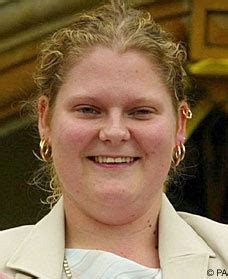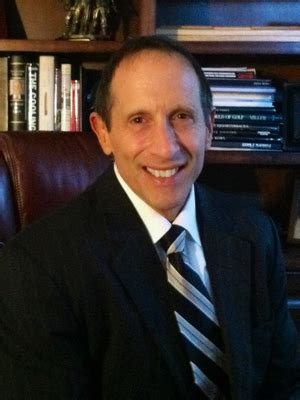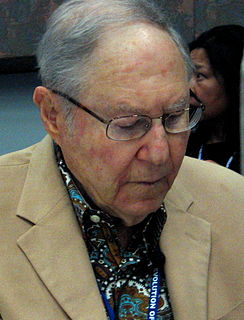A Quote by Thomas Sowell
Not since the days of the Hitler Youth have young people been subjected to more propaganda on more politically correct issues. At one time, educators boasted that their role was not to teach students what to think but how to think. Today, their role is far too often to teach students what to think on everything from immigration to global warming to the new sacred trinity of 'race, class and gender.'
Quote Topics
Related Quotes
I think it's just yet another piece to cause confusion and I think that the 'so-called scientific debate' is very silly now - It's like a bunch of theologians arguing over how many angels you can stick on the head of a needle. When you've got a side that changes from global warming, global warming, global warming to climate change, which is intuitive - the climate has always been changing since the beginning of time - and then just begins to claim every answer is the correct answer, you often stand back, and I don't care who you are, you have to question as to what the real motive is in this.
It's important to teach students about the reality of the system, that it is in fact the case that they are being targeted unfairly, that the rules have been set up in a way that authorize unfair treatment of them, and how difficult it is to challenge these laws in the courts. We need to teach them how our politics have changed in recent years, how there has been, in fact, a backlash. But we need to couple that information with stories of how people in the past have challenged these kinds of injustices, and the role that youth have played historically in those struggles.
Indeed, the study of universities and the great men and women who have attended them leads me to think that the best of these schools are characterized not so much by what they teach and how they teach it but by the extent they provide opportunities and encouragement for students to teach themselves.
As I continue to teach, I have more to offer my students, and as I continue to teach, I have more to learn from my students. I do know some writers who feel very drained when they leave the classroom, and for me this would be a sign that maybe it's time to take a break or refocus because I always leave the classroom even more excited than I was when I walked in.
I love teaching I think more than anything. It's the opportunity to just teach young people and teach the game. You teach more than basketball. You teach life skills. The teaching part of it is something that I am passionate about. I look forward to every practice. A lot of people say well, I enjoy coaching, but I see myself as more as a teacher.
We must continually remind students in the classroom that expression of different opinions and dissenting ideas affirms the intellectual process. We should forcefully explain that our role is not to teach them to think as we do but rather to teach them, by example, the importance of taking a stance that is rooted in rigorous engagement with the full range of ideas about a topic.
I have find that today's students are often more tolerant of human variance than students in earlier generations might have been. On the other hand, some of our students need much more interaction with a wide variety of peers so they level of understanding deepens and so they are prepared to live in a world that is only going to get smaller.
Many schools desperately need caring professionals like guidance counselors and social workers to ensure students' emotional, social and educational needs are met. But proposals to arm teachers are irresponsible and dangerous. The role of educators is to teach and nurture our children, not to be armed guards.
What I know is that if I was asked to teach mathematics in French for a week to young kids, I would do my homework and I think I could do a decent job. I don't think a degree in education would make me a better teacher. I sometimes teach in college. I don't teach for long periods of time, but I give workshops and I think I can communicate stuff. So, it's about communicating.





































